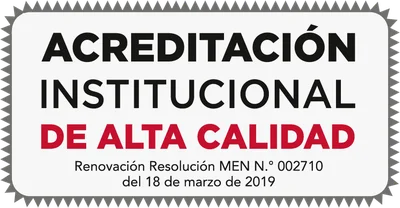Soft Computing for Intelligent Control and Mobile Robotics [electronic resource] / edited by Oscar Castillo, Janusz Kacprzyk, Witold Pedrycz.
Tipo de material: TextoSeries Studies in Computational Intelligence; -318Descripción: 499p. 320 illus. online resourceISBN: 9783642155345 99783642155345Tema(s): Engineering
TextoSeries Studies in Computational Intelligence; -318Descripción: 499p. 320 illus. online resourceISBN: 9783642155345 99783642155345Tema(s): Engineering| Tipo de ítem | Ubicación actual | Colección | Signatura | Info Vol | Copia número | Estado | Fecha de vencimiento | Código de barras | Reserva de ítems |
|---|---|---|---|---|---|---|---|---|---|
 DOCUMENTOS DIGITALES
DOCUMENTOS DIGITALES
|
Biblioteca Jorge Álvarez Lleras | Digital | 006.3 223 (Navegar estantería) | Ej. 1 | 1 | Disponible | D000695 |
Navegando Biblioteca Jorge Álvarez Lleras Estantes, Código de colección: Digital Cerrar el navegador de estanterías
Part I Theory and Algorithms -- Part II Intelligent Control -- Part III Optimization of Fuzzy Controllers -- Part IV Time Series Prediction and Intelligent Agents -- Part V Vision and Robotics.
This book describes in a detailed fashion the application of hybrid intelligent systems using soft computing techniques for intelligent control and mobile robotics. Soft Computing (SC) consists of several intelligent computing paradigms, including fuzzy logic, neural networks, and bio-inspired optimization algorithms, which can be used to produce powerful hybrid intelligent systems. The prudent combination of SC techniques can produce powerful hybrid intelligent systems that are capable of solving real-world problems. This is illustrated in this book with a wide range of applications, with particular emphasis in intelligent control and mobile robotics. The book is organized in five main parts, which contain a group of papers around a similar subject. The first part consists of papers with the main theme of theory and algorithms, which are basically papers that propose new models and concepts, which can be the basis for achieving intelligent control and mobile robotics. The second part contains papers with the main theme of intelligent control, which are basically papers using bio-inspired techniques, like evolutionary algorithms and neural networks, for achieving intelligent control of non-linear plants. The third part contains papers with the theme of optimization of fuzzy controllers, which basically consider the application of bio-inspired optimization methods to automate the de-sign process of optimal type-1 and type-2 fuzzy controllers. The fourth part contains papers that deal with the application of SC techniques in times series prediction and intelligent agents. The fifth part contains papers with the theme of computer vision and robotics, which are papers considering soft computing methods for applications related to vision and robotics.






No hay comentarios en este titulo.